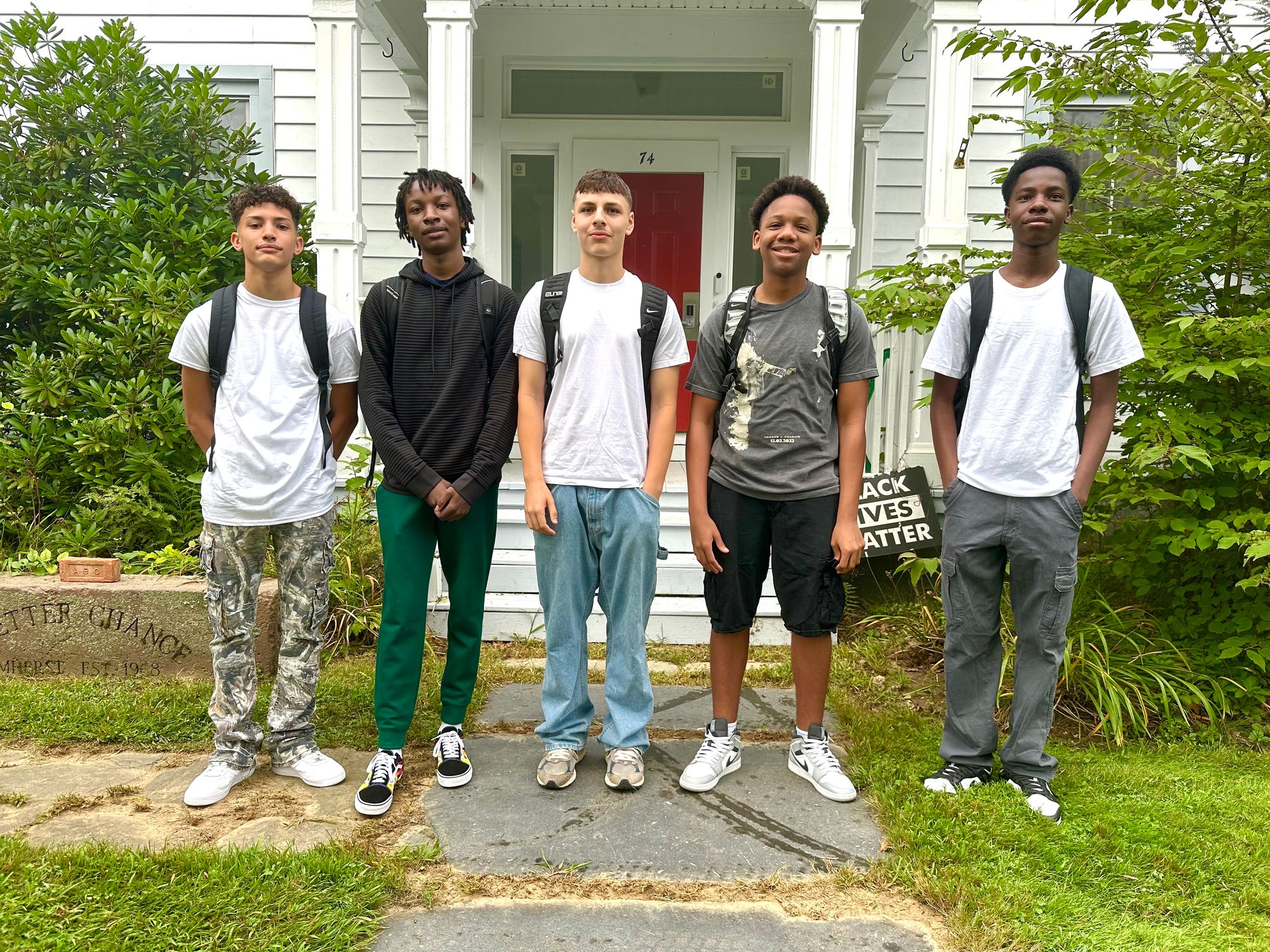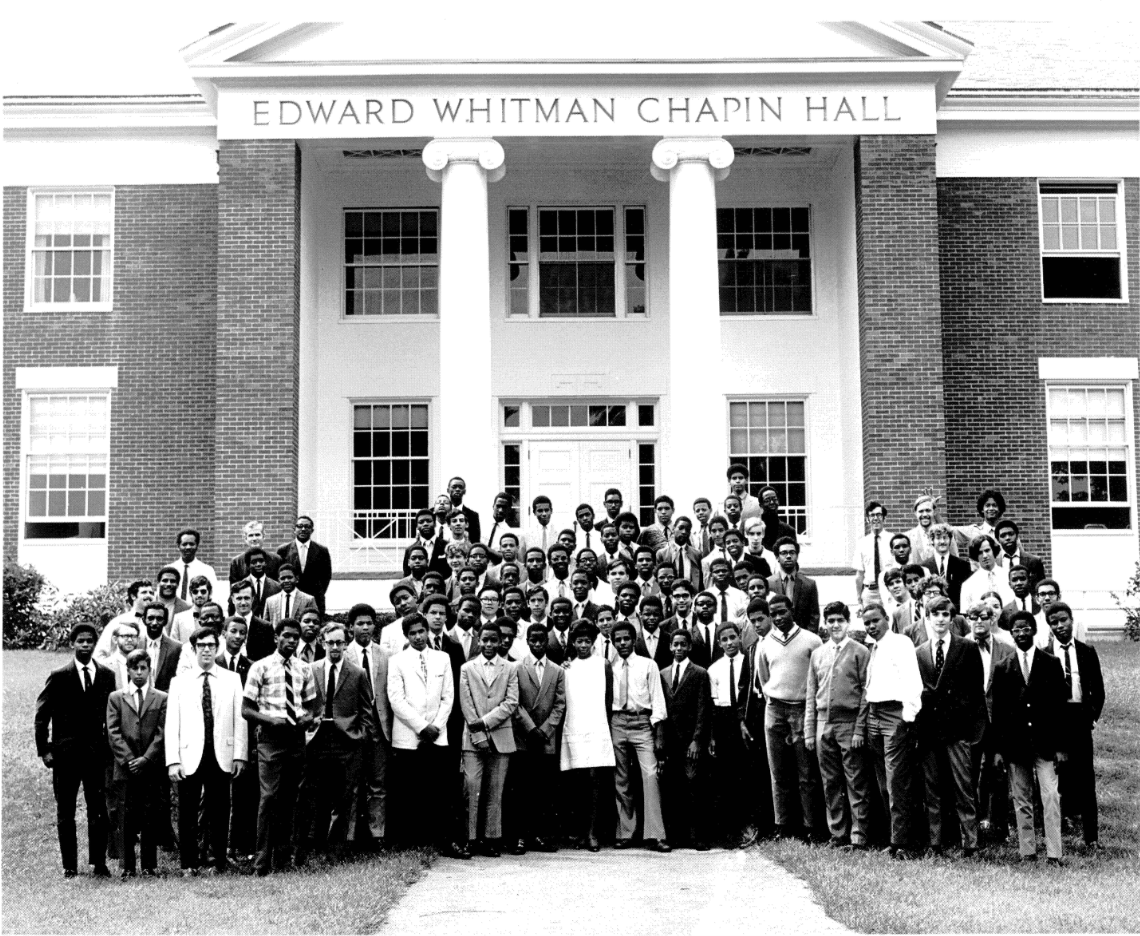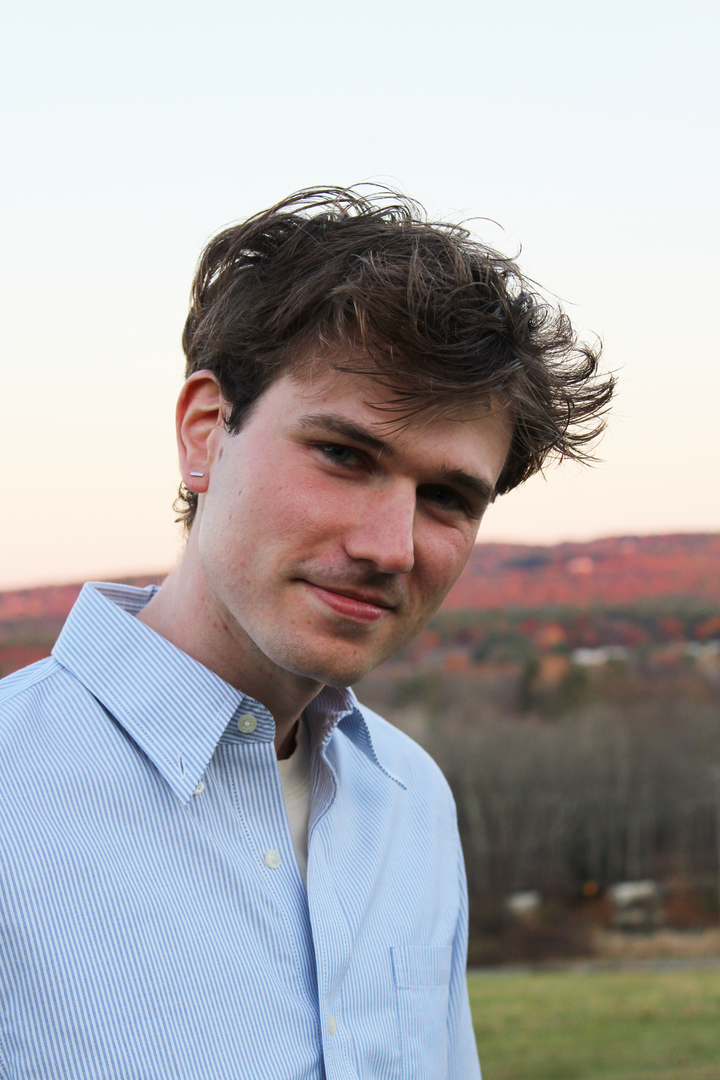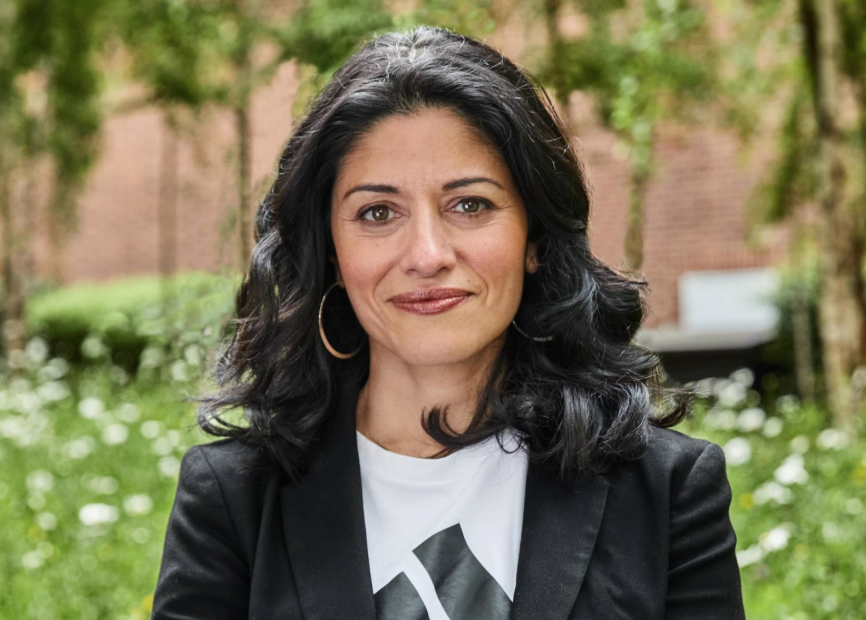At Cider Run and Beyond: Amherst A Better Chance Engages Town Community
Assistant Features Editor Lauren Siegel ’27 highlights Amherst A Better Chance, a residential high school program where students of color from educationally underserved districts live together in town and attend Amherst-Pelham Regional High School.

The sun beamed down onto the Amherst Town Common this past Saturday morning, where right next to the Farmers’ Market, hundreds of people gathered to support Amherst A Better Chance (ABC) at the 52nd Annual Fall Foliage and Cider Run. Participants tightened the laces of their sneakers, attached paper bibs to their shirts with safety pins, and stretched their hamstring muscles in the crisp autumn breeze. All kinds of Amherst community members were in attendance: from Amherst College and UMass students to faculty members and young families, everyone was preparing to participate in the 5k walk/run that raises money for Amherst ABC.
A Better Chance is a national residential high school program that serves students of color from educationally underserved school districts. At the Amherst ABC branch, young men from across the country live together at a residence in town and attend Amherst-Pelham Regional High School (ARHS).
While it’s not well known by many Amherst College students, Amherst ABC is an incredible organization with a rich history in the town, forming a crucial part of the Amherst community.
How Amherst ABC Came to Be
The national ABC organization was founded in 1963 when a group of 23 headmasters from private boarding schools in New England came together and concluded that broadening educational opportunities for minority students would help them lead better lives. While ABC was initially concerned with placing teenagers into private boarding schools — contingent on them first completing an intensive summer school program at Dartmouth College — ABC founded the Public School Program in 1966, which allowed students to attend high-performing public schools by providing them with residences in these districts.
ABC came to Amherst in 1969, when the college’s Black White Action Committee (BWAC), a task force focused on racial justice measures, urged the college to host a college preparatory summer camp for young men of color in partnership with ABC. That year, the class of 1969 forsook their yearbook, instead choosing to allocate the funds to this program. The ABC summer camp inspired the founding of the Amherst ABC House that same year, providing a permanent school-year residence for young men of color in Amherst at a time when almost 100% of the town population was white.
“The town has certainly changed a lot since 1969,” said Amherst ABC Treasurer Meg Hart, who is married to the college's Manwell Family Professor of Life Sciences Allen J. Hart. “I had not heard of ABC before Allen joined the Amherst ABC board, and he knew about it because there was an ABC house in Williamstown where he grew up. Allen used to love to say that if you were Black in Williamstown, you were either a member of the Hart family or an ABC student. I think when ABC started in Amherst, there was that feeling that if you were Black, you were probably an ABC student.”
While the demographics of the Pioneer Valley have shifted, ABC’s commitment to serving young people of color has not. Located on North Prospect Street in downtown Amherst, the ABC House has now supported more than 120 ARHS graduates. These students, referred to as “ABC Scholars,” have gone on to attend more than 50 different colleges and universities, including eight scholars who went to Amherst College.
At the Amherst ABC House, there are anywhere from five to nine students living together every year; while most scholars apply from in Massachusetts, Connecticut, and New York, some over the years have come from as far away as Arkansas and New Mexico.
“The program can be challenging for scholars,” explained Tem Ferreira, who, along with his partner Nancita Alejandro, is one of the resident directors of the Amherst ABC House. “It’s a culture shock — they’re far away from home, the schoolwork is difficult, they miss their families.”
Ferreira has spent the last four years living in the ABC house, taking care of scholars full-time. He manages this job alongside his other roles as a father, a published author of the graphic novel “Planeta Blue: Rise of Agoo,” and a consultant for the UMass for the theater group Not Ready for Bedtime Players. Ferreira is continually motivated by scholars’ incredible growth and transformation. “To see them persevere through the struggle and finally graduate is, to me, the best reward,” Ferreira said.
Assistant Resident Director Crystal Colon affirms that along with the strong relationships she forms with scholars, one of the best parts of her job is hearing alumni “talk about how much this place meant to them.” Seeing the real influence that the ABC program had inspires her “to leave an impact on the scholars’ lives in a way that will carry over and create a culture that will follow through the generations.”

Connections with the College
While ABC houses exist all across the country, Amherst ABC is unique in its proximity to so many higher education institutions. Amherst ABC has a particularly strong relationship with the college, which is perhaps most clearly exemplified through the ABC tutoring program. Five nights a week, students from Amherst College tutor the scholars at the ABC house, helping them with everything from coursework to college applications.
“I really love tutoring the guys,” said Gina Durazo ’26, one of Amherst ABC’s head tutors who has been involved with the program since last fall. “Amherst can be such a bubble, where you can feel pressure to only be doing things for yourself. [Being an ABC tutor] feels like something that you can do for other people, and also with people that don’t go to Amherst and have all of the privileges that come with it.”
“I really like that we have tutors — they help us with work and really push me to be the best version of myself,” said Frank Partida, an Amherst ABC scholar and current junior at ARHS. Alongside access to tutors, Partida cites numerous other benefits that come from being an ABC scholar, including not having to pay to participate in school sports and getting to bond with people from different backgrounds. As Partida explained, “Being at ABC helps me with my social skills. I feel like it’s helping me smooth into adult life without really going there all the way.”
The Cider Run and Beyond
The Fall Foliage and Cider Run is Amherst ABC’s primary fundraising event; according to Hart, it provides the program with about one-third of its annual budget. While it has existed since 1972, the Cider Run did not always look how it did this Saturday.
According to Hart, who was this year’s race director, the event used to be known as the “ABC Walk” and was centered around local school children. “Kids would go door to door and get somebody to pledge them 10 cents a mile and stuff like that,” Hart explained. “And then they’d walk around town with their class; their teacher would take them all, and they’d walk from around eight in the morning till four in the afternoon.” While the event has evolved today into a 5k walk/run, Hart appreciated how it still garners so much support and participation from the local community.
Hart said that Amherst College has become increasingly involved in the Cider Run, not only as a sponsor but also by “getting a whole lot of people participating. We’re certainly grateful that there’s been so much support from the college — professors have been on the board, staff have been on the board — but now we have hundreds of students interested in this event and we’ve got volunteers working it, so the college is just becoming a big part of the infrastructure.”
Along with the Cider Run, Amherst ABC hosts a fundraising gospel choir concert in the spring.
Ferreira affirmed the importance of the community to Amherst ABC’s success, explaining, “It really works, and a lot of that is because the community is supporting it financially and emotionally. There’s the cliche: It takes a village to raise a child. And Amherst right now is that village, helping to raise the ABC boys year after year.”
Echoing the importance of the community’s support, Partida said that one of his favorite parts of the Cider Run was “seeing how involved people are and seeing the support that we have as ABC scholars. It feels good knowing that people actually care.”
While the Cider Run on Saturday was fun and inspiring for both ABC scholars and community members alike, Ferreira urged the Amherst community to “keep that commitment” going, explaining that the program “is going to continue to be in a strong place as long as we, the community, keep investing in it.”





Comments ()